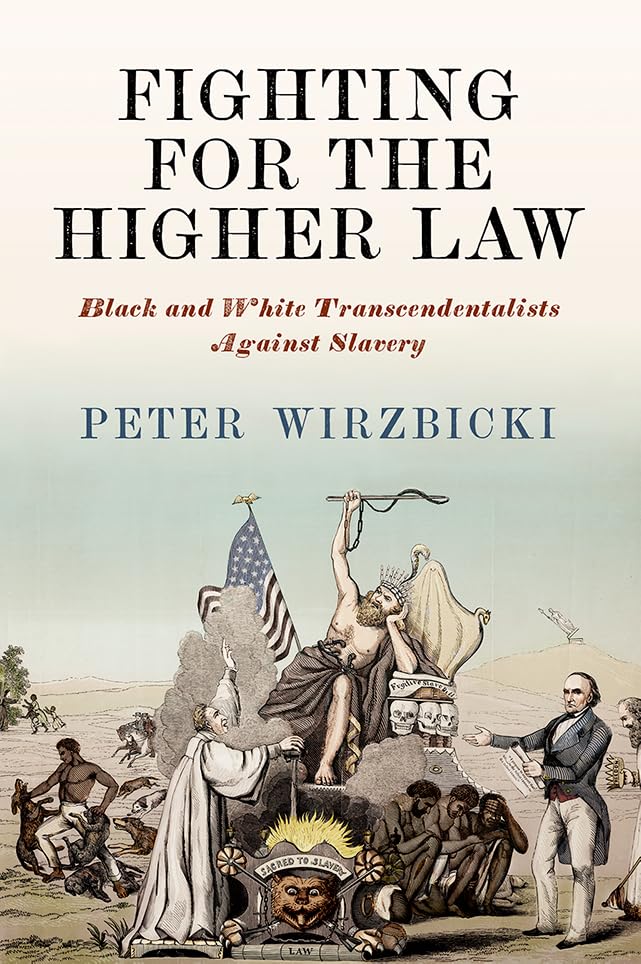Moore: What were the factors that motivated you to write this book?
Wirzbicki: You’ll laugh, because this sounds like a cliché, but after I completed my comprehensive exams in graduate school, I knew I wanted to write about social movements in the 19th century. But over the summer I biked across America to reset myself after a stressful semester and brought with me a copy of Emerson’s essays. I was in some suitably sublime landscape—I think in Idaho—reading an essay when I decided I wanted to try to combine these things. So, I guess some factors were personal—at some level I’ve always admired the vision of the Transcendentalists. And I think I was drawn to their attempts to unite personal, existential, and spiritual concerns—things often seen as private—with very public concerns about politics and justice.
At a more historiographical level, it seemed to me that the incredible importance of Transcendentalism for American culture and political philosophy had been ignored. When I was in graduate school, it felt like everyone was talking about Pragmatism or Common Sense philosophy and Transcendentalism had been left out. This was despite the fact that abolitionism was receiving more attention.
Moore: You write that “Accepted wisdom has too often seen political concerns over slavery as marginal as to what came to be known as the American Renaissance…” Why has this been such a blind spot even for some top-shelf scholars?
Wirzbicki: To be honest, the fault partly lies with Emerson and Thoreau themselves. They loved to pretend that they hated politics. So Emerson would start anti-slavery speeches with long disclaimers about how he didn’t like to talk about politics—and then launch into an impassioned speech on anti-slavery politics! And there is no doubt that Emerson, Fuller, and Thoreau all shared a concern about the spiritual inauthenticity of certain reformers. Which is partly why they didn’t fully commit until the 1840s. But I think another part of the issue has been that some of the first people to make the link between Transcendentalism and abolition have been critics of abolition. There is a whole tradition in the 19th century itself of racist Democrats accusing abolitionists or Republicans of being Transcendentalists—presumably as a way to attack their religious bona fides. And in the early and mid-20th century, it was common to link the abolitionists with Transcendentalists as a way to paint the abolitionists as irresponsible and unrealistic. So I think a lot of historians have thus shied away from looking at this link because they don’t want to lend credence to those old narratives.
